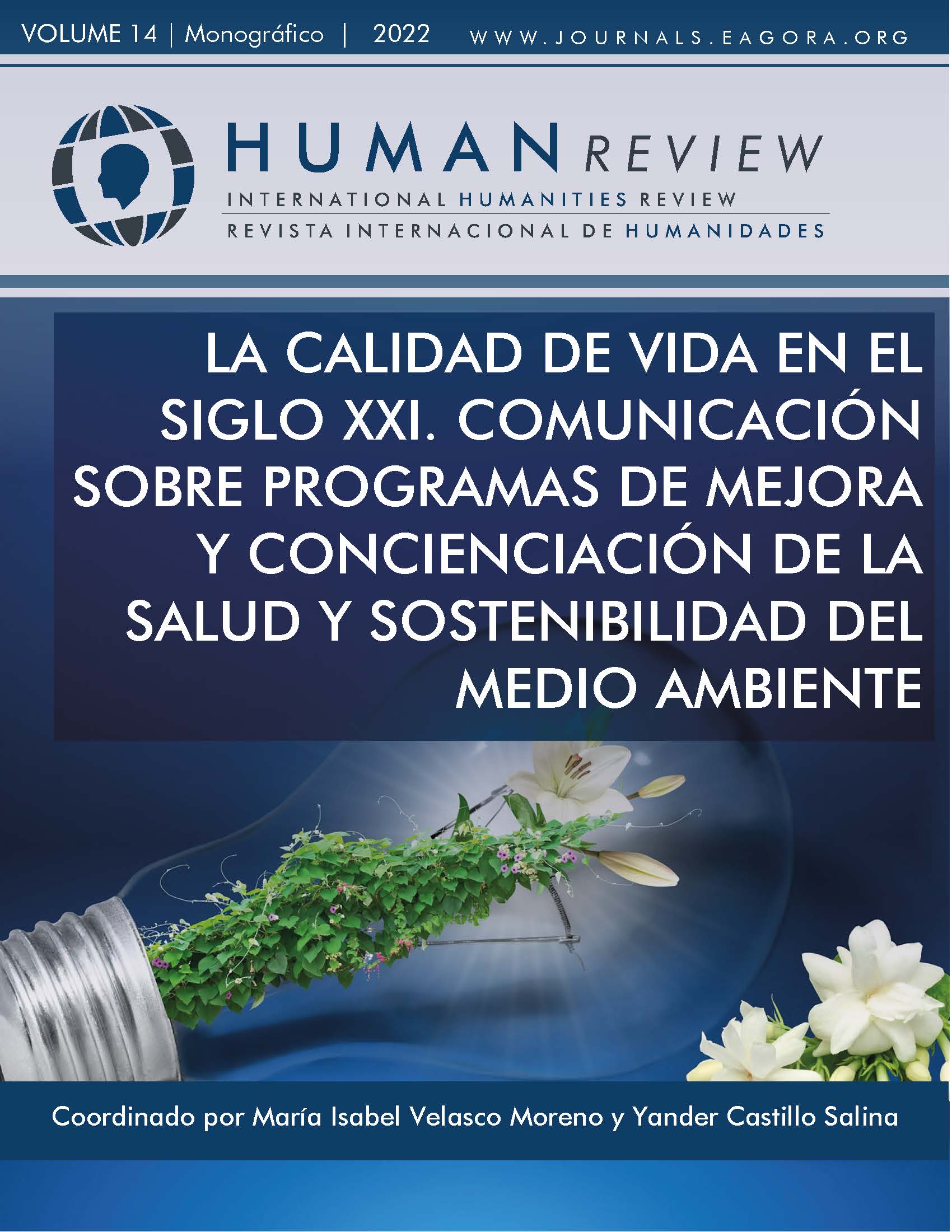COVID as Shock Doctrine
Keywords:
COVID-19, Shock doctrine, Policies, Social Welfare, Social Pychology, Pandemic, SARS-CoV-2Abstract
The objective of this research is to investigate, from an interdisciplinary perspective between sociology, psychology, law and history, the management of the coronavirus crisis, which in the Spanish case is based on authoritarian lounge dure logics rooted in the XIX and absolutism. With the use of measures imposed by the authorities and assumed by a terrified citizenry, governments and the media have generated a turning point that has dismantled the associative fabric and the social movements that emerged in response to the bursting of the real estate bubble that occurred in Spain.
References
Amnistía Internacional. (2021). Gobiernos dejaron desprotegidas durante la pandemia a 2.700 millones de personas. Informe anual. Amnistía Internacional
Bonal, X. y González, S. (2020). The impact of lockdown on the learning gap: family and school divisions in times of crisis. International Review of Education, 66, 1-21. https://doi.org/10.1007/s11159-020-09860-z
Cozzo, E. y Prignano, L. (2016). No hay danza sin martillo. El Salto Diario.
Engzell, P., Frey, A. y Verhagen, M. D. (2020). Learning Inequality During the Covid-19 Pandemic. PNAS, 118(17).
Fontcuberta, L., Delclós, J., García, G., Martínez, J. M., Ramada, J. M., Seguí, M. D. M., & Ronda, E. (2021). 2020: Archivos en tiempos de la COVID-19. Archivos de Prevención de Riesgos Laborales, 24(1), 12-19.
Francés, P., Loayssa, J., Petruccelli, R. (2021). Covid-19. La respuesta autoritaria y la estrategia del miedo. Ediciones El Salmón.
Irigoyen, J. (2021). La burocracia experta salubrista y la vida en la pandemia. Tránsitos Intrusos.
Maldonado, J.E. y De Witte, K. (2020). The Effect of School Closures on standardised student test outcomes. Ku Leuven. Department of Economics.
Ministerio de Sanidad. (2021). Enfermedad por coronavirus covid-19. Información científico-técnica. Centro de Coordinación de Alertas y Emergencias Sanitarias.
Naciones Unidas, UN. (2020). UN Secretary-General’s policy brief: The impact of COVID-19 on women. https://www.unwomen.org/en/digital-library/publications/2020/04/policy-brief-the-impact-of-covid-19-on-women
Nelson, J. y Sharp, C (2020). Key findings from the Wave 1 survey. National Foundation for Educational Research.
Organización Mundial de la Salud, OMS. (2019). Non-Pharmaceutical public health measures for mitigating the risk and impact of epidemic and pandemic influence. Organización Mundial de la salud.
Organización Mundial de la Salud, OMS. (s.f.). United Nations Rule of Law support in the context of COVID-19 pandemic. Recuperado en: https://www.un.org/ruleoflaw/blog/2020/05/united-nations-rule-of-law-support-in-the-context-ofcovid-19-pandemic/).
Parmet, W. E. (2018). Quarantining the law of quarantine: why quarantine law does not reflect contemporary constitutional law. Wake Forest JL & Pol’y, 9 (1).
Segato, R. L. (2020). Todos somos mortales: el coronavirus y la naturaleza abierta de la historia. Alerta global. Políticas, movimientos sociales y futuros en disputa en tiempos de pandemia. Clacso.
Seghezzo, G. y Dollorso, N. (2018). Del punitivismo al cuidado (feminista). El porvenir de la razón securitaria», Emergencias. Repensar el Estado, las subjetividades y la acción política. Ciccus.
Spinney, L. (2018). El jinete pálido. Crítica.
Tarabini, A. (2018). La escuela no es para ti. El rol de los centros educativos en el abandono escolar. Octaedro.
Downloads
Published
Issue
Section
License
All articles are published under an Attribution-NoDerivatives 4.0 International (CC BY-ND 4.0) license. Authors retain copyright over their work.

